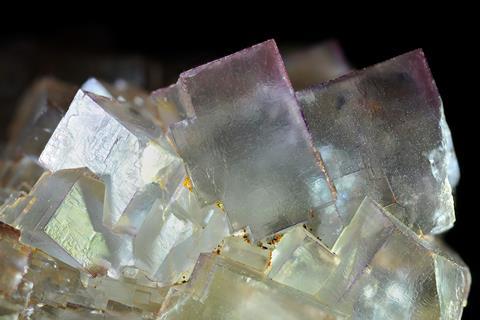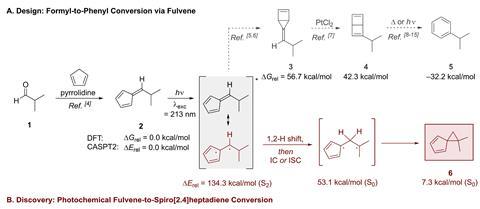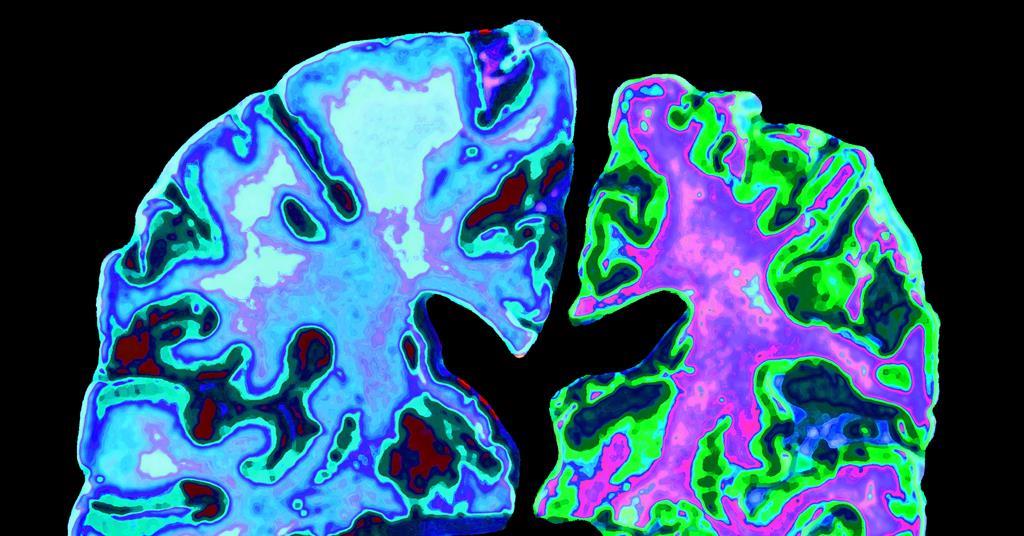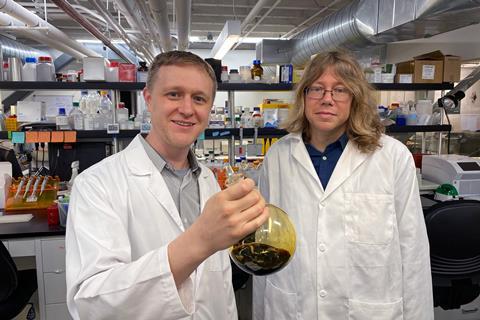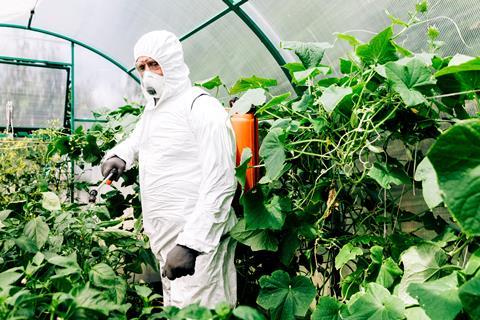A new technique for making fluorochemicals bypasses the production of hydrogen fluoride (HF) gas. This could make fluorochemical production safer, and the researchers who developed the method say it also has the potential to streamline supply chains and decrease energy requirements, helping to lower the industry’s carbon footprint. All of the fluorine atoms in fluorochemicals […]
Read More